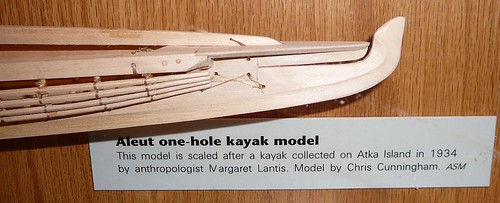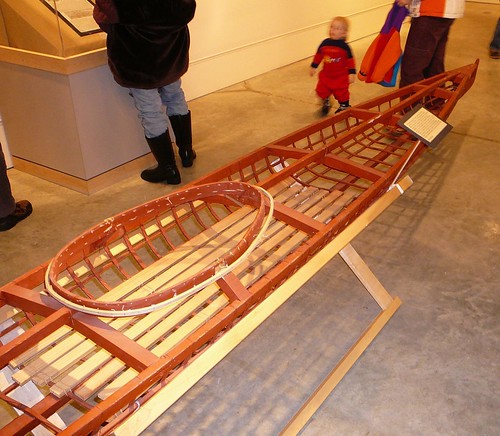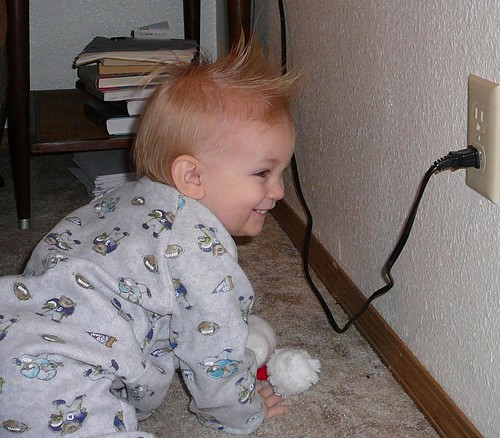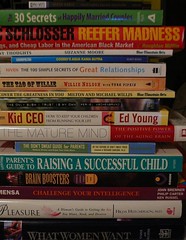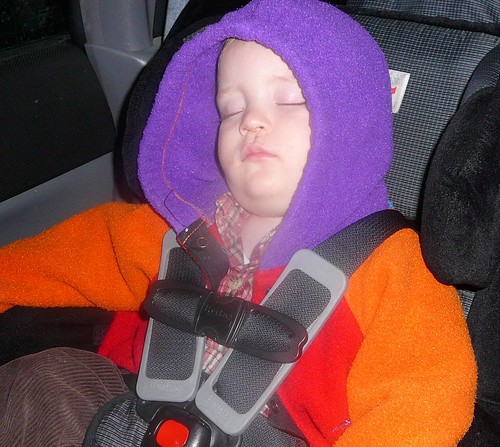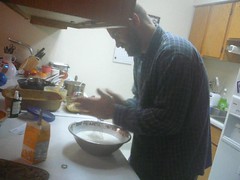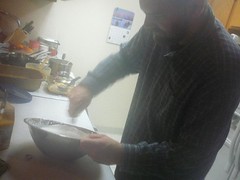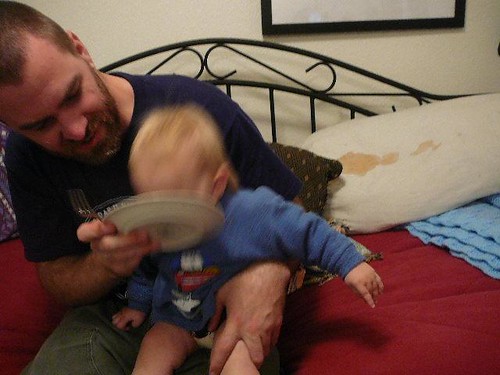
During times like these its easy to slip and let cynicism and pessimism to reign. That's one reason why, every year on Martin Luther King Day, we like to listen to his speeches. Pure inspiration. Thanks to the world wide web, we need not hear mere snippets. We can listen to the full extent of his ideas elaborated upon and explained directly from his own mouth, in his own powerful voice. No CNN summary, hitting the high points (in CNN's opinion, of course). No spin. Just a pure direct message.
Martin Luther King may have predated CNN and the current infotainment charade known as the main stream media, but it seems their powers of distortion are having some impact on how he's remembered. Or at least, on certain key points of his message, which he made increasingly clear towards the end of his life.
We always hear a lot about his role as a civil rights leader, working tirelessly to end segregation. But we tend not to hear about certain things. (Like how the FBI spied on Martin Luther King and did many horrible things in a vain attempt to deter him. But that's a whole different topic.)
Or how, tying it all together, he saw the big picture. Why don't we hear about it? People aren't interested? That was ancient history, unlike anything going on today?
excerpts from Beyond Vietnam:
Over the past two years, as I have moved to break the betrayal of my own silences and to speak from the burnings of my own heart, as I have called for radical departures from the destruction of Vietnam, many persons have questioned me about the wisdom of my path. At the heart of their concerns this query has often loomed large and loud: "Why are you speaking about the war, Dr. King?" "Why are you joining the voices of dissent?" "Peace and civil rights don't mix," they say. "Aren't you hurting the cause of your people," they ask? And when I hear them, though I often understand the source of their concern, I am nevertheless greatly saddened, for such questions mean that the inquirers have not really known me, my commitment or my calling. Indeed, their questions suggest that they do not know the world in which they live.
***
There is at the outset a very obvious and almost facile connection between the war in Vietnam and the struggle I, and others, have been waging in America. A few years ago there was a shining moment in that struggle. It seemed as if there was a real promise of hope for the poor -- both black and white -- through the poverty program. There were experiments, hopes, new beginnings. Then came the buildup in Vietnam, and I watched this program broken and eviscerated, as if it were some idle political plaything of a society gone mad on war, and I knew that America would never invest the necessary funds or energies in rehabilitation of its poor so long as adventures like Vietnam continued to draw men and skills and money like some demonic destructive suction tube. So, I was increasingly compelled to see the war as an enemy of the poor and to attack it as such.
***
Here is the true meaning and value of compassion and nonviolence, when it helps us to see the enemy's point of view, to hear his questions, to know his assessment of ourselves. For from his view we may indeed see the basic weaknesses of our own condition, and if we are mature, we may learn and grow and profit from the wisdom of the brothers who are called the opposition.
***
I am convinced that if we are to get on the right side of the world revolution, we as a nation must undergo a radical revolution of values. We must rapidly begin...we must rapidly begin the shift from a thing-oriented society to a person-oriented society. When machines and computers, profit motives and property rights, are considered more important than people, the giant triplets of racism, extreme materialism, and militarism are incapable of being conquered.
Of course, these excerpts are far stronger when read in context, and spectacularly moving when heard. So we hope you'll take the time to have a listen, and find some extra hope and inspiration. And here's another quote you don't see very often - from one of his last speeches before his assassination:
Now our struggle is for genuine equality, which means economic equality. For we know now, that it isn't enough to integrate lunch counters. What does it profit a man to be able to eat at an integrated lunch counter if he doesn't have enough money to buy a hamburger? What does it profit a man to be able to eat at the swankest integrated restaurant when he doesn't even earn enough money to take his wife out to dine? What does it profit one to have access to the hotels of our cities, and the hotels of our highways, when we don't earn enough money to take our family on a vacation? What does it profit one to be able to attend an integrated school, when he doesn't earn enough money to buy his children school clothes?
***
We are going to also say, "You are even unjustly spending five hundred thousand dollars to kill a single Vietcong soldier, while you spend only fifty-three dollars a year per person for everybody categorized as poverty-stricken." Instead of spending thirty-five billion dollars every year to fight an unjust, ill-considered war in Vietnam and twenty billion dollars to put a man on the moon, we need to put God's children on their own two feet.
And in closing here's a snippet, with which Dr. King would surely agree, from David Cay Johnston's "
Free Lunch"
In his most famous speech, in front of the Lincoln Memorial in 1963, Martin Luther King Jr. said he had a dream that one day his four daughters would be judged by the content of their character, not by the color of their skin. We have made great, if far from complete, progress in judging people without regard to that superficiality. But on another front we have gone backward. Today we often value people less by the content of their character than by the contents of their wallet.




























